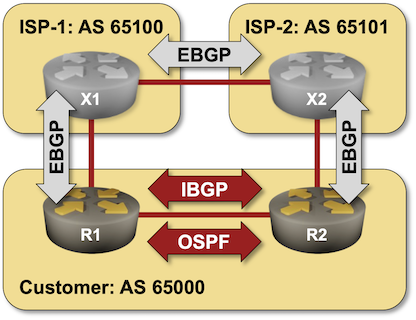Nvidia, Foxconn partner to start building AI factories
Chipmaker Nvidia and the world’s largest contract manufacturer Foxconn are partnering to start building AI factories globally, the two companies announced on Tuesday.AI factories are data centers with infrastructure specially built for processing, refining, and transforming vast amounts of data into valuable AI models and tokens, Nvidia founder and CEO Jensen Huang and Foxconn Chairman and CEO Young Liu, said during a fireside chat at Hon Hai Tech Day, in Taipei.“A new type of manufacturing has emerged — the production of intelligence. And the data centers that produce it are AI factories,” Huang said in a statement, adding that the data center infrastructure would include Nvidia’s accelerated computing platform — the latest GH200 Grace Hopper Superchip and Nvidia’s AI enterprise software.To read this article in full, please click here

